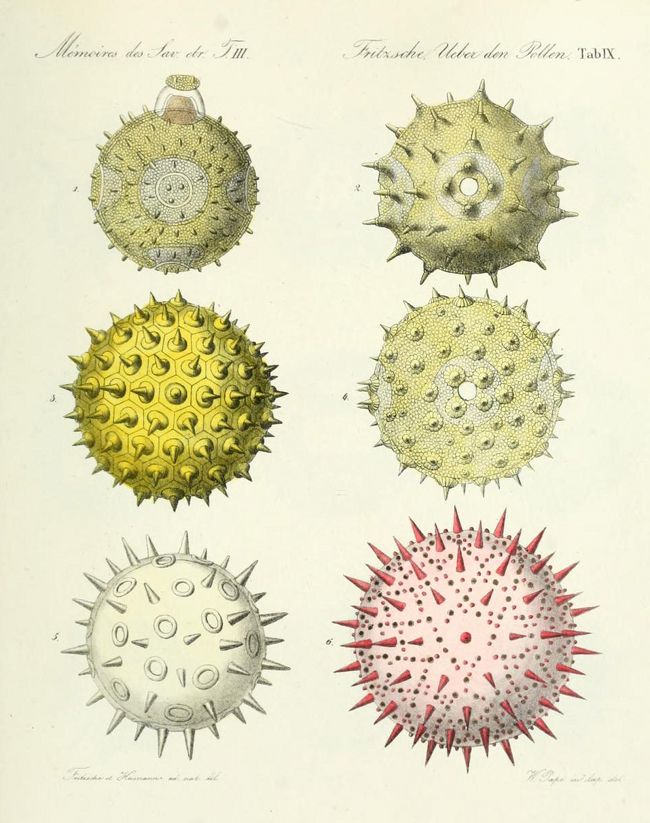POLLENS & PLANT PHENOLICS
 Pollen is a major contributing factor to seasonal hay fever symptoms, as well as asthma and eczema.
Pollen is a major contributing factor to seasonal hay fever symptoms, as well as asthma and eczema.
Plants can produce pollen at various times of the year but the majority of plants pollinate in Spring.
Pollen seasons can last several months and exposure is difficult to avoid.
The most problematic pollens are produced from trees, grasses and weeds as these are generally lightweight and spread easily by the wind.
The pollens from ‘florist’ flowers are generally heavier and sticky, needing bees to carry it – so less likely to cause the same hay fever like symptoms unless in close proximity.
Plant Phenolics are naturally occurring chemicals in all plants that are responsible for taste, colour and smell. They also play a major role in defending the plant against pests, pathogens, injury and stress.
An adverse reaction to some airborne phenolics may also contribute to hay fever, breathing or skin conditions.
Avoid:
- Cutting the grass & hedges, pruning and weeding
- Stay indoors as much as you can especially on windy days
- Keep windows closed and in the car
- When driving use recirculating air conditioning